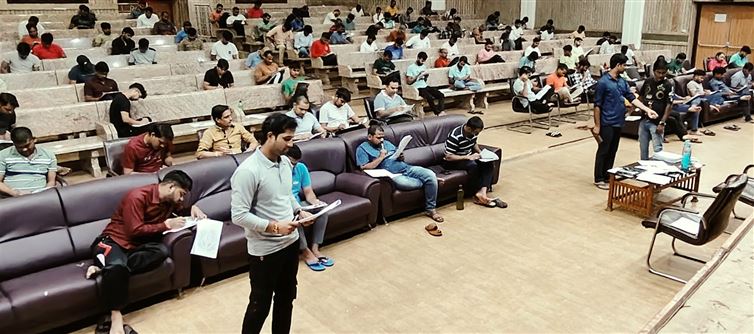
No one disputes the need for affirmative action. Generations of systemic disadvantage cannot be undone without targeted support. Yet, when it comes to public services funded by the exchequer, fairness demands a more inclusive approach. Thousands of poor students from the General Category (GC) also struggle with financial barriers. Their aspirations are no less valid, and their contribution to the national tax pool is equally significant.
Restricting such opportunities risks deepening divisions rather than bridging them. A more balanced framework—where disadvantaged candidates from all communities can access help, perhaps through means-based criteria—would uphold both social justice and economic fairness. Taxpayers deserve policies that empower the weakest sections across society, not schemes that pit one group’s access against another’s exclusion. For a country that prides itself on equality, it is time to rethink whether such selective coaching programs truly reflect the spirit of the Constitution.




 click and follow Indiaherald WhatsApp channel
click and follow Indiaherald WhatsApp channel